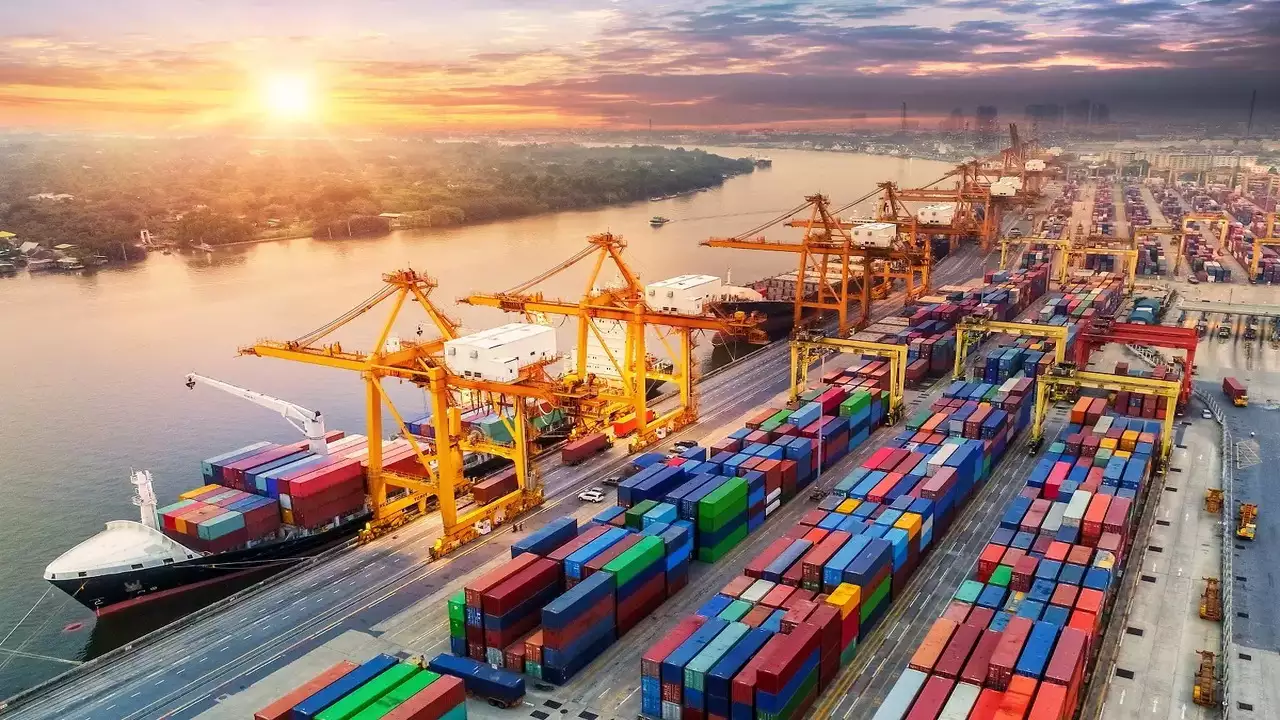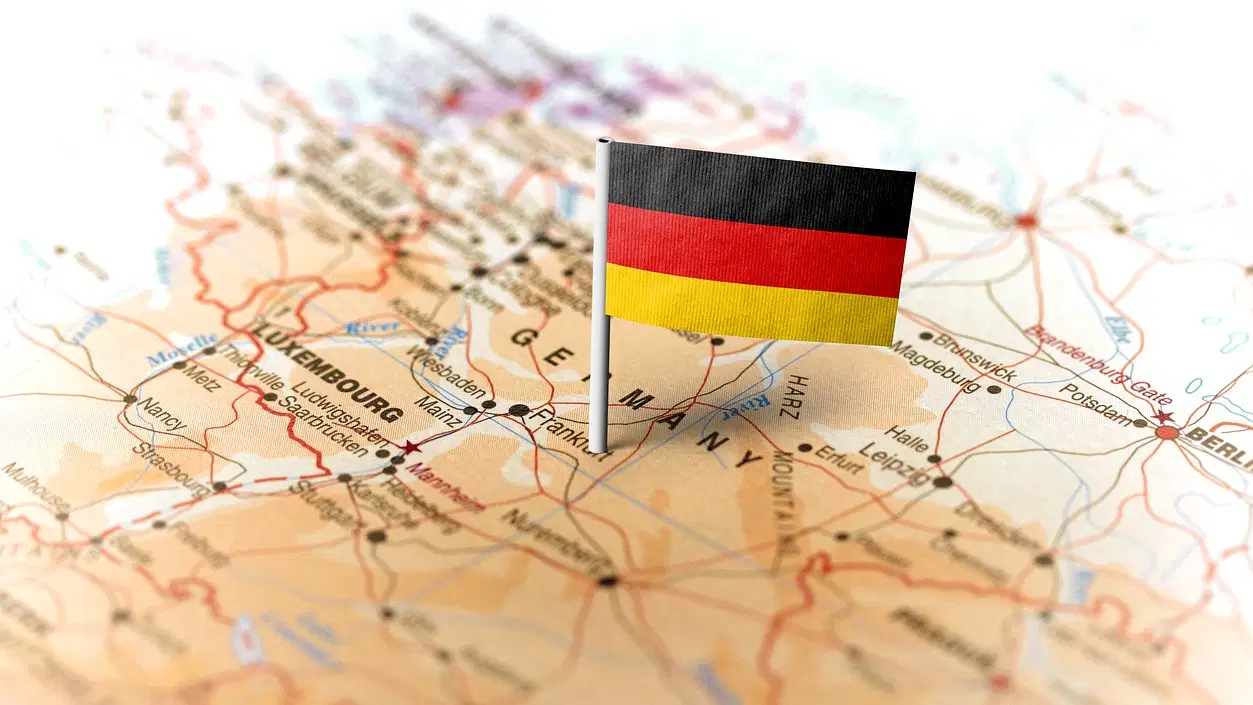Hey, like this? Why not share it with a buddy?

In today’s post-pandemic world, remote work has become increasingly popular among professionals. Besides flexibility, this option also allows people to pursue their dream of travelling and experiencing new cultures, while managing their careers. In 2020, Estonia became the first country to introduce the digital nomad visa for remote workers. Iceland launched its digital nomad visa program in 2022. This visa allows remote workers to live and work in Iceland for up to six months.
Iceland is a beautiful country with stunning natural scenery, but it can be quite expensive. Georgia is a beautiful country with a rich history and culture, has introduced a digital nomad visa in 2022, allowing remote workers to live and work in Georgia for up to one year. Germany offers a freelance visa for freelancers and self-employed individuals. This visa allows remote workers to live and work in Germany for up to three years. Indonesia doesn’t have a specific digital nomad visa, but Indian nationals can work in the country with a B211A visa, also known as the Social Visa, for 60 days. This visa can be extended for another 180 days.
Costa Rica offers a work visa for remote workers, which allows them to live and work up to a year. Portugal offers a digital nomad visa, officially called the D7 visa, which allows remote workers to live and work for one year with the possibility of renewal. Greece launched its digital nomad visa program in 2021, allowing remote workers to live and work in Greece for up to a year. Spain introduced its Digital Nomad Visa in January 2023, allowing remote workers from outside the EU to live and work for up to one year. In 2021, Croatia also introduced a digital nomad visa, allowing remote workers to live and work up to two years.
Related Posts
SEARCH SME E-News
RECENT POST
- Sweet Bonanza vs. Gates of Olympus: The Ultimate Slot Showdown for 68wim Players
- INDIA SME FINANCE & INVESTMENT SUMMIT
- SEBI plans portal to boost market access for SMEs, says banks alone can’t fund economy
- SME BUSINESS FORUM
- Empower MSMEs & manufacturers to accomplish the vision of Hon’ble Prime Minister to make ‘Viksit Bharat’
Categories
- Achievements
- Banking & Finance
- Branding & Marketing
- Business Ethics & Culture
- Business talk
- Business Tycoons
- Capital Market
- Corporate Story
- Davos
- Economy
- Emerging Market
- Entrepreneurial Leadership Dialogue
- events
- Exports
- Grievances
- Growth
- Impact on Business
- Import
- India Growth Story
- Industry
- Innovation and Invention
- Innovative Ideas
- International Affairs
- International Trade
- jobs career
- Manufacturing
- Meeting
- MSME
- Others
- Packaging
- Pharma
- Policies & Schemes
- Regulatory Change
- Schemes
- Skill Development
- SME Talks
- Start-up
- Swot Analysis
- Tax
- Technology & Research
- Textiles
- Travel
- Uncategorized
- Viksit Bharat 2047- Strategies, Contribution, Initiatives and Efforts
- Women Entrepreneurs
- World Economic Forum










